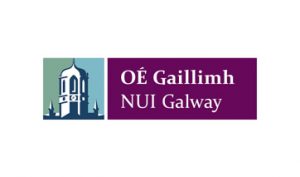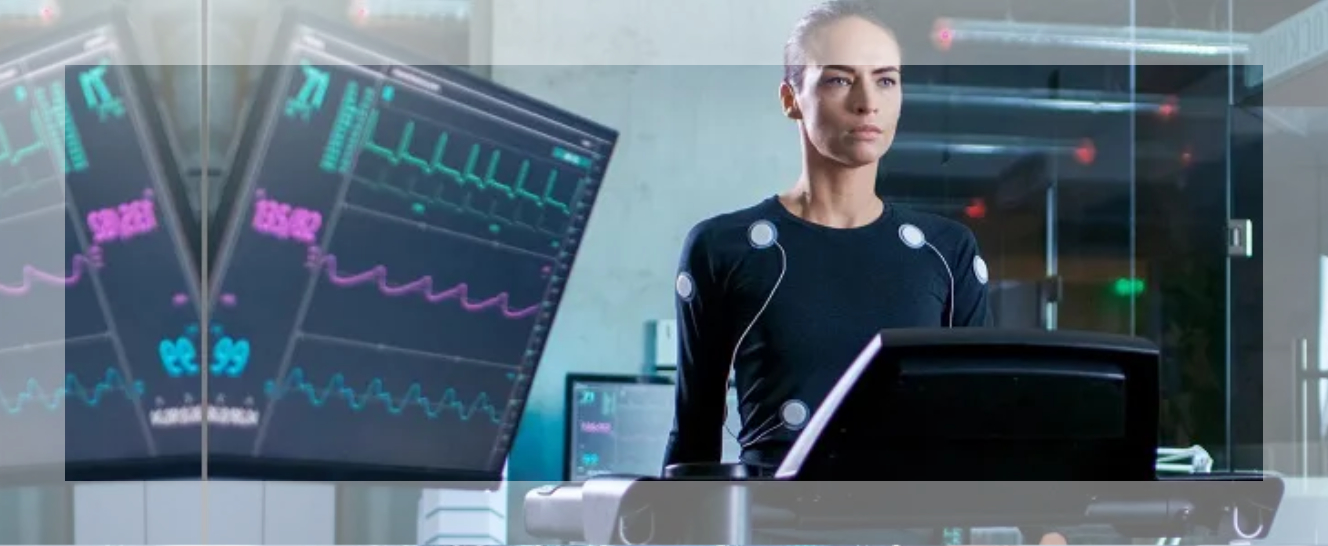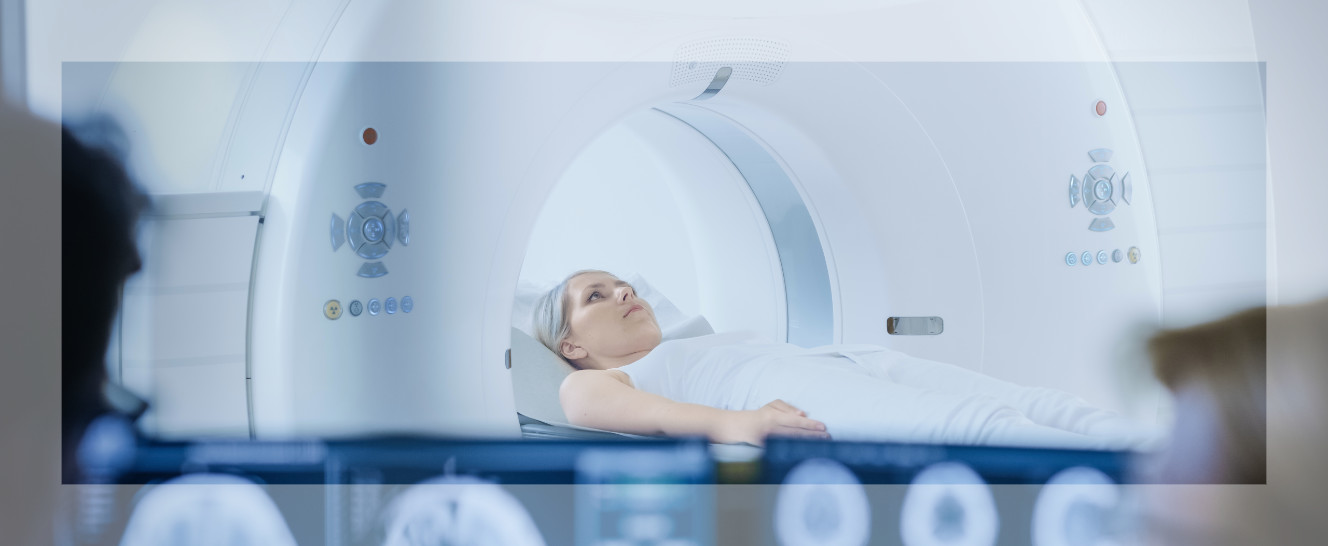
The “CSPOT Trial”: Conduction System Optimised Therapy Trial
This study aims to determine whether a new form of Cardiac Resynchronisation Therapy (CRT) can assist the heart to beat in a more co-ordinated fashion in a cohort of patients experiencing heart failure.
The Phase III medical device feasibility study is sponsored by global leaders in healthcare technology Medtronic. Beacon Hospital have been selected as one of only 12 cardiac centres of excellence in the world to take part in this ground-breaking clinical trial.
Beacon Hospital aims to recruit up to 20 patients and despite the fact that the trial only recently opened in November 2021, Beacon Hospital is currently one of its leading recruitment sites worldwide. The CSPOT study is led by Director of Electrophysiology, Prof Jonathan Lyne.
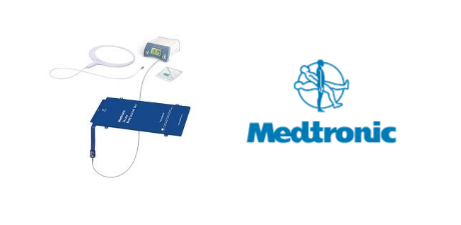
Here at Beacon Hospital, we provide a wide range of specialist cardiac services, including interventional cardiology, advanced cardiovascular imaging, electrophysiology and structural cardiology.
As part of our commitment to maintaining and developing a service centred around excellence and innovation, we take an active role in cardiovascular research, both original projects promoted by Beacon Hospital, as well as involvement in international multicentre trials. This is critical or ensuring the best care for patients accessing our services as well as the wider patient community at large.
If you are receiving your care in Beacon Hospital, you may be asked to participate in one of our ongoing research projects – your participation in this is much appreciated and may be of great benefit to future patients – we would ask that you consider agreeing to participate if you are suitable for inclusion.
The REVIVES Clinical Trial “Research of Extracellular Vesicles In Vascular Emergency Stenting
In collaboration with Prof Orina Beltons lab in UCD, this research is being performed to identify new ways of testing the effects of stenting (implantation of a mesh tube to open up the arteries) on cardiovascular disease patients. Extracellular vesicles (EVs) are tiny particles that are released from cells into blood and urine. microRNAs are regulators that are found inside these EVs and can be used to diagnose disease. The aim of the study is to investigate if stenting changes the microRNA levels in the EVs in blood and urine. This has great potential as a future prognostic biomarker that could be used to identify a “read out” of reduced inflammation and reduced cardiac event risk following stenting. This signature will allow us to see if current treatments and medicines are having a positive or negative effect. Furthermore, this study also aims to understand how EVs communicate with the immune system.

Treatment of High and Very high riSk dyslipiduic pAtients for the PreveNTion of cardiOvasculaR Events in Europe – a MultInatioNal ObservatIonal Study: The Santorini Clinical Trial
High cholesterol or ‘hypercholesteroluia’ is a major health concern in Europe. Appropriate medical treatment lowers a type of cholesterol called ‘low density lipoprotein – cholesterol’ (LDL-C) and reduces the rates of clinical cardiovascular events such as heart attacks and strokes. Despite the multiple available treatments, many patients ruain poorly treated or even untreated. This study will describe the characteristics of patients who are at high risk of cardiovascular events and will document how they are managed in a real world setting across a variety of primary and secondary care centres across Europe. Approximately 8,000 patients from different care settings (primary care and secondary care in different specialties) across several European countries will be enrolled at approximately 800 sites. In Ireland, 20 sites will open to recruit 200 patients.
The SANTORINI Clinical trial is sponsored by Daiichi Sankyo and in collaboration with Imperial College London.
https://www.daiichi-sankyo.eu/

Evaluation of the Caption Artificial Intelligence Echocardiography System by Novice Scanners in Real World Clinical Settings
Caption AI software has been developed as a deep learning adaptive artificial intelligence software system that allows novice scanners to obtain and interpret point of care transthoracic echocardiogram studies. This study plans to compare the Caption AI system with a standard ‘expert’ echocardiogram in order to prove that the same information can be obtained to a high standard by a healthcare worker with limited training and previous exposure to the process.
This system is the first artificial intelligent image guidance system to be already fully FDA approved in the United States. Several small studies have provided ‘proof of concept’ data and the aim is to conduct a pilot study in Europe with the Beacon Hospital as the chosen centre for this.
Participants on this trial will be evaluated in four separate clinical areas – the Emergency Department, the Intensive Care Unit, the Heart Failure Clinic, and the Oncology Day Ward. Further information can be found here: https://captionhealth.com/

ECME Wisp Heart Project: Promoting self-care in heart failure patients using digital technology
Effective self-care is key to the management of heart failure and is linked to reduced mortality risk and fewer hospital admissions. Despite the widespread understanding of the importance of effective self-care, previous interventions to promote self-care in heart failure patients have been somewhat inconsistent. One major reason for this is that many of them have failed to implement best-practice methodologies for the design and evaluation of complex interventions, failing to truly understand the ‘users perspective’ at the design stage. Appropriately designed digital health technology has the potential to address the many challenges around self-care, supporting aspects commonly not addressed, incorporating self-care behaviours into activities of daily living, supporting early identification of symptoms and vital sign changes and supporting timely help seeking. Previous UCD/ BHRI research has highlighted the design requirements for such a system. This project sets out to build upon this research, designing, developing and evaluating the feasibility of using a consumer device based digital health monitoring, alerting and feedback platform to support self-care in heart failure patients. This research is supported by the European Union’s INTERREG VA Programme, through the Eastern Corridor Medical Engineering Centre and is conducted in collaboration with the BHRI.
The principal investigator conducting this research is William Johnston.
For more information on this innovative research please click on the following video link and websites;
Insight website: https://www.insight-centre.org/
ECME website: https://www.ecme-research.com/
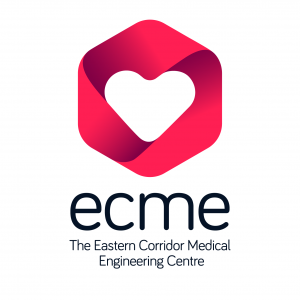
Clinical investigation to evaluate the performance of a pulse oximetry-based wristband for the detection of heart rhythm abnormalities compared to hospital telemetry ECG
The Biometrics-monitoring Wristband is an NUI Galway-based research project involving the development of a pulse oximetry-based device designed intended to gather heart and respiratory data in order to study their potential uses for identifying heart rhythm abnormalities and respiratory pathologies. Our study at Beacon Hospital Research Institute is designed to provide early information on the performance of this wristband across a cohort of 20 participants. Positive data may justify the further development of the system, with the objective of addressing long running under-met clinical needs within the target patient populations.
This is project is being conducted by Dr Oisin McGrath.
